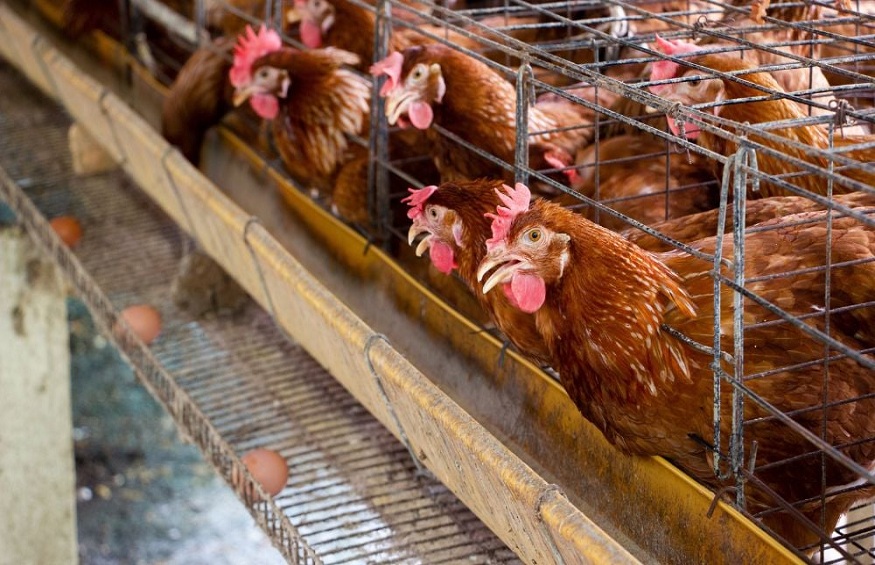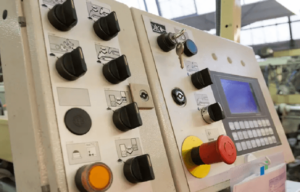Hillandale Farms Pennsylvania Shares Insight Into Organic Eggs

Shopping for food has become increasingly complicated over the years. Food items are now labeled with a range of terms like heart-healthy, organic, and gluten-free. Eggs sold by Hillandale Farms Pennsylvania and other major egg companies do have multiple labels on their carton. Some of these labels indicate how the hens were fed; the others provide information about their environment. Certain labels also underline how humanly the hens laying the eggs were raised.
Hillandale Farms Pennsylvania provides an introduction to organic eggs
Organic eggs are majorly about how the parent hen is treated. USDA or the United States Department of Agriculture has pretty rigorous standards for diverse types of organic farming under the National Organic Program (N.O.P.). As per these standards, organic eggs must come from farms that provide a certain quality of life to their chickens. For example, the hens laying organic eggs should have access to clean water, must be able to venture outdoors, as well as find shade and direct sunlight, and shelter. They should also have areas to clean, roost and stretch their wings. Hens that have the benefit of roaming outdoors get to fee on insects and plants in addition to their organic feed. Good air quality is vital to the health and well-being of the hens as dust and high levels of ammonia in the air may cause respiratory issues.
After the eggs are laid by the hens, handling facilities might use sanitizers, shell coating materials, and cleaners on them. While organic-approved facilities can use some of these tools, based on the substances they feature.
Hens that produce organic eggs are essentially kept in healthy environments in order to reduce any risk of illness or parasites that may impact the egg production and quality. Physical alterations of organic livestock are allowed solely when doing so is vital to promoting the welfare of the animal, and can help them to reduce stress and pain. A large number of producers of organic eggs find alterations such as beak trimming to be unnecessary, especially as they design their systems and management practices to provide adequate space to every hen. Break trimming basically is the practice of removing part of or the entire beak with the aim of preventing the hens from injuring one another.
To qualify as organic, eggs should come from hens that are fed only organic feed. Basically, this feed must be free of animal by-products, pesticides, synthetic fertilizers, or other chemical additives. No kind of genetically modified food can be used as well. Moreover, organic eggs should come from chickens that are provided antibiotics only in the event of an infection. No hormones or other drugs should be used in organic egg production.
Organic eggs generally come from chickens that live in cage-free environments and have access to the outdoors, even if their outdoor area is more of a small pen or enclosed yard area. Pens help in protecting the chickens and their eggs from predators like raccoons, coyotes, hawks, foxes, and other animals. Hillandale Farms Pennsylvania is among the leading egg farms in the United States that sell organic eggs certified by United Egg Producers (UEP). Their eggs are American Humane-certified cage-free as well.






